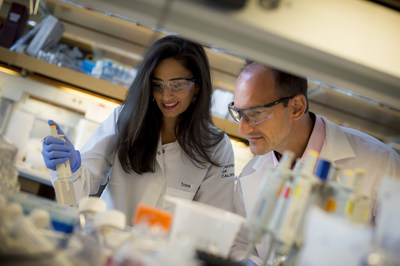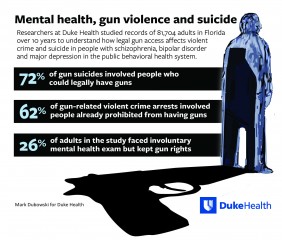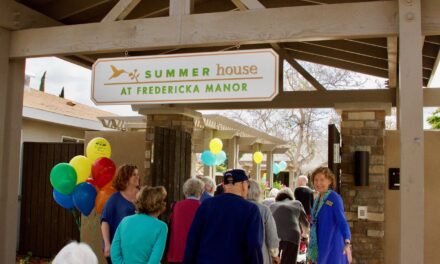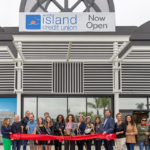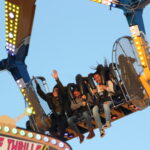SAN DIEGO–(USNewswire)–Breast milk is known to provide the best source of nutrition for newborns and infants, and for premature babies, it can be lifesaving. Yet much about the composition of human milk and what makes it so beneficial is still a mystery.
To help scientists bridge this knowledge gap, the Switzerland-based Family Larsson-Rosenquist Foundation has made a $10.5 million gift to the University of California San Diego, home to one of the world’s only centers dedicated to human milk research.
The gift provides seed funding for the Larsson-Rosenquist Foundation Mother-Milk-Infant Center of Research Excellence (LRF MoMI CoRE) at UC San Diego, a new initiative to provide further evidence-based understanding of how genetic and environmental factors affect milk composition, and how human milk affects health across the life span—knowledge that will help guide clinical practice and education for optimal health, growth and development in babies.
“UC San Diego has a strong track record for interdisciplinary collaborations and researchers who aren’t afraid to challenge conventional wisdom,” said UC San Diego Chancellor Pradeep K. Khosla. “As one of the world’s top research universities, we are committed to advancing the wellbeing of our society. We are excited to partner with the Family Larsson-Rosenquist Foundation on work that will improve the health of mothers and infants in our community and around the globe.”
The San Diego-based center will serve as an international hub for human milk and lactation research. In addition to leveraging UC San Diego’s strengths across disciplines—including developmental biology, biochemistry, pharmacology, nutritional sciences, biomedical technology, medicine, social sciences and education—the center will work closely with national and international partners. Collaborative studies will address how environmental variables such as diet, stress and exercise impact milk production; how maternal genetics affect milk composition; how milk components promote infant development and disease prevention; and how the benefits of breastfeeding extend to the lactating mother.
“In order to gain valuable insights and correlations about the topic, we have to ensure that the full spectrum of research disciplines is covered,” said Michael Larsson, president of the Family Larsson-Rosenquist Foundation’s board. “UC San Diego has an already established strong research focus on human milk and shares our vision to intensify a multidisciplinary approach to the field for the benefit of infants and mothers worldwide.”
The Family Larsson-Rosenquist Foundation’s gift includes seed funding for the center, an endowed faculty chair in collaborative human milk research to ensure continued leadership of the center, as well as a collaboration and fellow fund to seed and promote collaborative studies either within UC San Diego or with external researchers and to attract new talent to the field. The center will accept further gifts and endowments, which will allow it to grow over time.
Lars Bode, associate professor of pediatrics at UC San Diego School of Medicine, has been named the center’s director.
“Our mission is to unravel the complexity of human milk for optimal infant health by promoting excellence, synergy and innovation in research, clinical practice and education,” said Bode. “The partnership with the Family Larsson-Rosenquist Foundation will allow us to build a model of innovative multidisciplinary research primed to redefine human milk at the interface of maternal and infant health.”
Katharina Lichtner, managing director of the Family Larsson-Rosenquist Foundation added, “We want to bring together the world’s leading-edge researchers to bridge the gap between bench-side research and bedside care. With MoMI CoRE, we are laying the foundation for a global network of excellence in human milk research.”
Based in Zug, Switzerland, the Family Larsson-Rosenquist Foundation is an independent charitable organization that promotes research in human milk and lactation. The gift to UC San Diego follows the foundation’s endowment of two professorships in this field at the University of Western Australia and the University of Zurich.

